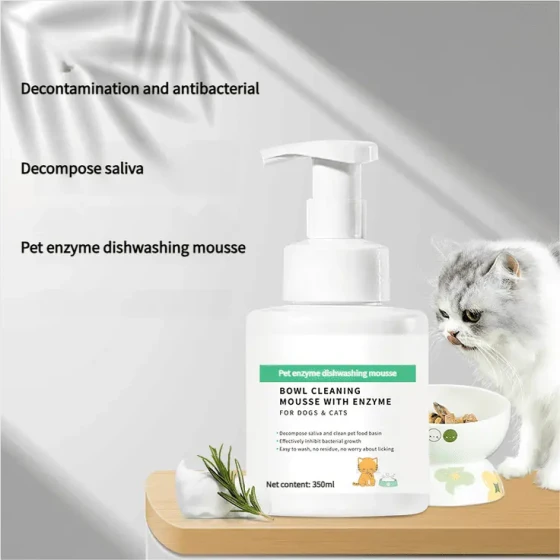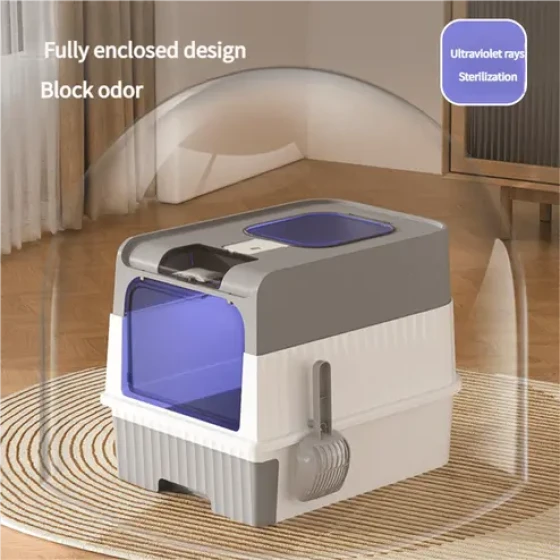How Often Should Cats Be Dewormed? Follow This Method to Avoid Mistakes
With improved living standards, pets have entered our homes. The most popular pets are dogs. Cats are also a very common household pet. However, animals are not like humans. Just like humans who may have some parasites inside their bodies over time and need to take deworming medicine, dogs cannot express when they are uncomfortable like we can. Therefore, as a pet owner, you must deworm your cat regularly. The main goal of deworming cats is to eliminate the parasites inside their bodies. Simply give the cat deworming medicine.

The timing for giving deworming medicine to cats depends on the number of cats. If there are many cats, their interactions increase, so do the parasites inside their bodies. For a single cat at home, owners usually keep good hygiene and the cat has no other sources of infection, so the number of parasites is significantly lower than in homes with many cats. For a single cat household, you can give medicine about once every six months. For households with many cats, you can give medicine about once every three months.

We also need to be careful when giving medicine. Medicine has some toxicity; excessive or too frequent dosing will increase the burden on the cat’s kidneys. We should follow the instructions on the medicine. Some cats might only need medicine every two or four months.

It’s essential to choose the appropriate deworming medicine for your cat. If the medicine works well, you can continue using it next time. If not, you should change to a different one.
There is also a technique for giving medicine to cats. Many people find it difficult because cats don’t cooperate and may scratch when fed. You can hold the cat’s cheek, place the medicine at the back of its throat, then close its mouth, and the cat will swallow automatically. You can also mix the deworming medicine with food so the cat eats it without noticing.

There are some precautions when giving deworming medicine to cats. The effects of deworming medicine generally apply only to adult cats. Healthy kittens may not need to be treated. The medicine dosage should strictly follow the vet’s advice. After medication, keep the cat’s fur dry and avoid bathing it; it’s best to keep it dry for 48 hours.



